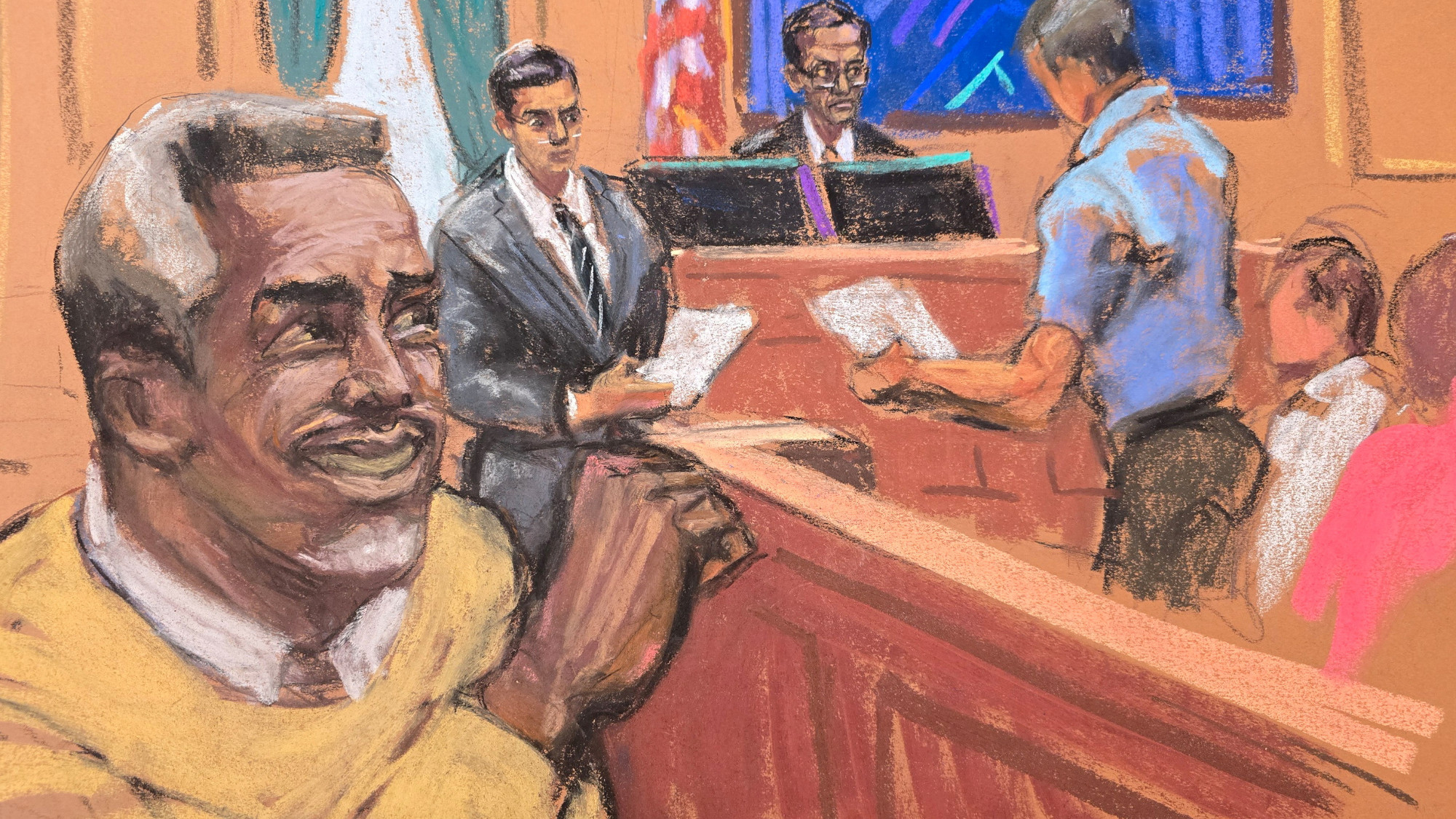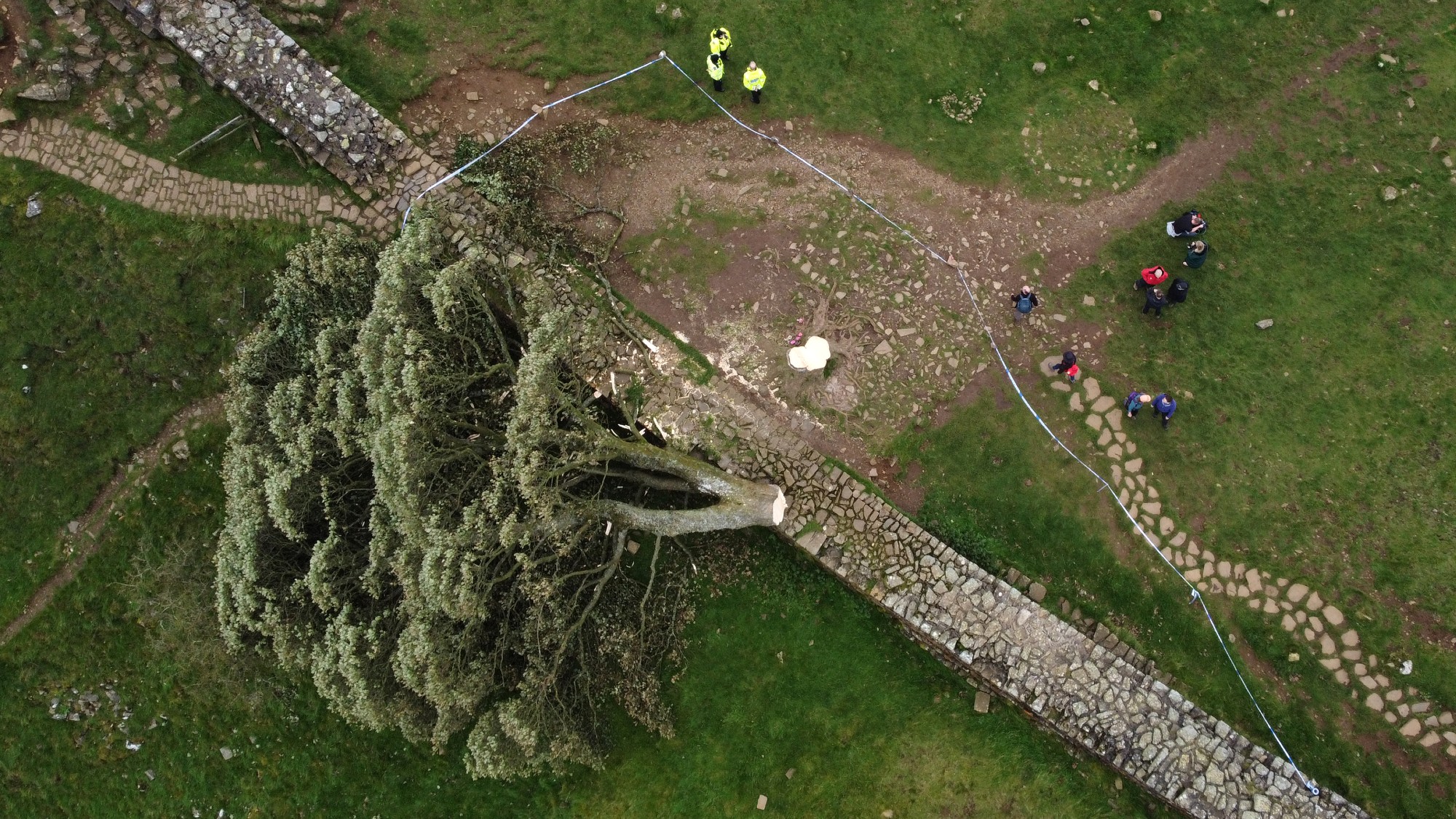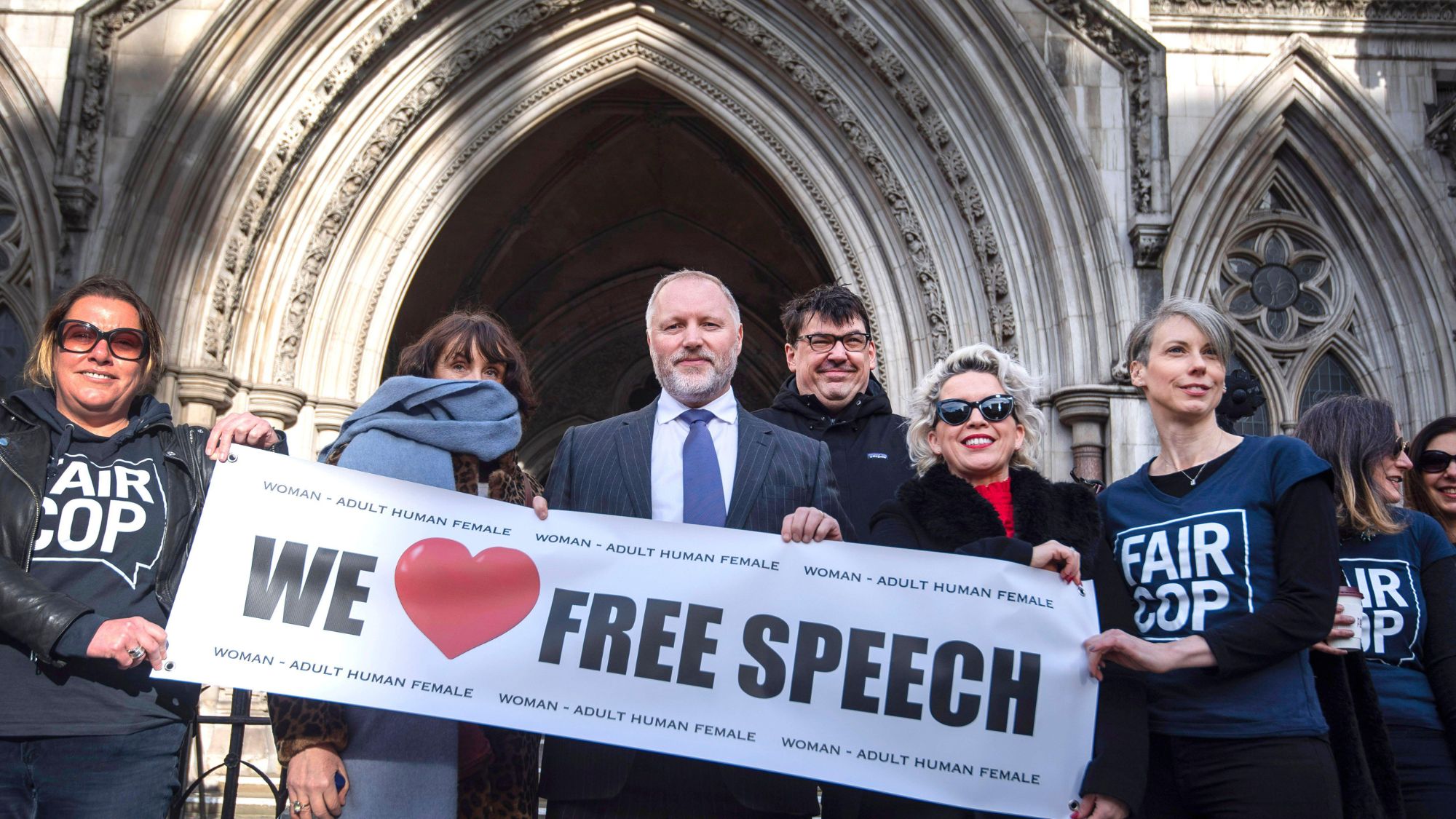Sarah Everard’s murder: a national reckoning?
Wayne Couzen’s guilty plea doesn’t ‘tidy away the reality of sexual violence’

A free daily email with the biggest news stories of the day – and the best features from TheWeek.com
You are now subscribed
Your newsletter sign-up was successful
“Everyone in policing feels betrayed,” said Metropolitan Police Commissioner Cressida Dick last week, after the police officer Wayne Couzens had pleaded guilty to the kidnap, rape and murder of Sarah Everard in March this year.
“I’m sure they do,” said Suzanne Moore in The Daily Telegraph, but the police also owe us some explanations. Why, in the case of Couzens, a member of the Met’s elite Parliamentary and Diplomatic Protection Squad, did they ignore so many “red flags”? It seems he had been reported for indecent exposure twice in a McDonald’s car park, just three days before the murder. If anyone had bothered to check his number plate, they would have seen it was a police car. He also faced an indecent exposure allegation six years earlier.
Yet he was allowed to stay in his job, with appalling consequences: it seems Couzens may have used his police warrant card to persuade Everard into his car as she walked home. Men who commit so-called “minor sexual offences” like flashing or stalking often escalate their behaviour to rape, sexual assault and murder. Yet these offences are trivialised by our criminal justice system.
The Week
Escape your echo chamber. Get the facts behind the news, plus analysis from multiple perspectives.

Sign up for The Week's Free Newsletters
From our morning news briefing to a weekly Good News Newsletter, get the best of The Week delivered directly to your inbox.
From our morning news briefing to a weekly Good News Newsletter, get the best of The Week delivered directly to your inbox.
It’s a relief that Couzens pleaded guilty, sparing Everard’s family a long trial, said Rachel Cunliffe in the New Statesman. But it doesn’t “tidy away the reality of sexual violence” that her murder “forced us to confront”. So often women are told bad things happen because they did something wrong, such as wearing a short skirt or being too drunk. That narrative helps excuse “abusive men”, but it also gives women the comforting “illusion” that they can avoid danger. But Everard did “everything right”, and still ended up dead in a wood in Kent. Couzens’s job signalled “he was someone to be trusted”. That’s why this case struck such a nerve: it shattered women’s last “semblance of security”.
Such crimes are often dismissed as “isolated” cases, said Lucy Bannerman in The Times. Yet since Everard went missing, more than 50 women have been murdered in the UK, with a man as the main suspect. Everard’s case was so appalling that everyone sat up. “She hadn’t made the error of being murdered indoors. Or of knowing her killer. Or trying to break off a relationship with a violent man.” But we also ought to accept the “subtle sexism” that condemns the other dead women to obscurity. The public outrage following Everard’s murder has “forced a national conversation about femicide”. It’s a tragedy that it had to happen in these circumstances. But “it’s a start”.
A free daily email with the biggest news stories of the day – and the best features from TheWeek.com
-
 Why are election experts taking Trump’s midterm threats seriously?
Why are election experts taking Trump’s midterm threats seriously?IN THE SPOTLIGHT As the president muses about polling place deployments and a centralized electoral system aimed at one-party control, lawmakers are taking this administration at its word
-
 ‘Restaurateurs have become millionaires’
‘Restaurateurs have become millionaires’Instant Opinion Opinion, comment and editorials of the day
-
 Earth is rapidly approaching a ‘hothouse’ trajectory of warming
Earth is rapidly approaching a ‘hothouse’ trajectory of warmingThe explainer It may become impossible to fix
-
 The Epstein files: glimpses of a deeply disturbing world
The Epstein files: glimpses of a deeply disturbing worldIn the Spotlight Trove of released documents paint a picture of depravity and privilege in which men hold the cards, and women are powerless or peripheral
-
 Death in Minneapolis: a shooting dividing the US
Death in Minneapolis: a shooting dividing the USIn the Spotlight Federal response to Renee Good’s shooting suggest priority is ‘vilifying Trump’s perceived enemies rather than informing the public’
-
 How the Bondi massacre unfolded
How the Bondi massacre unfoldedIn Depth Deadly terrorist attack during Hanukkah celebration in Sydney prompts review of Australia’s gun control laws and reckoning over global rise in antisemitism
-
 Diddy: An abuser who escaped justice?
Diddy: An abuser who escaped justice?Feature The jury cleared Sean Combs of major charges but found him guilty of lesser offenses
-
 Crime: Why murder rates are plummeting
Crime: Why murder rates are plummetingFeature Despite public fears, murder rates have dropped nationwide for the third year in a row
-
 The Sycamore Gap: justice but no answers
The Sycamore Gap: justice but no answersIn The Spotlight 'Damning' evidence convicted Daniel Graham and Adam Carruthers, but why they felled the historic tree remains a mystery
-
 What are grooming gangs? The UK scandal, explained
What are grooming gangs? The UK scandal, explainedThe Explainer Three-year inquiry will ‘root out this evil once and for all’, says home secretary
-
 NCHIs: the controversy over non-crime hate incidents
NCHIs: the controversy over non-crime hate incidentsThe Explainer Is the policing of non-crime hate incidents an Orwellian outrage or an essential tool of modern law enforcement?